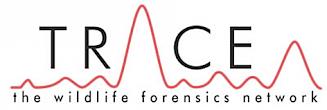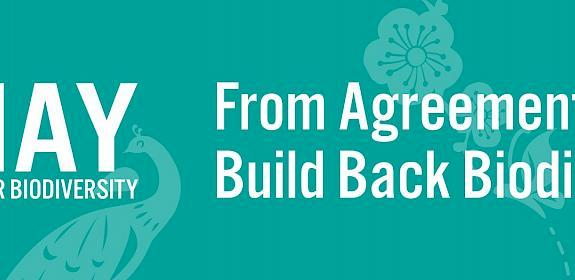TRACE wildlife forensics network brings wildlife DNA analysis to Malawi
Traffickers will go to any lengths to smuggle elephant ivory out of Africa. And if it is detected, they often produce papers claiming the ivory is actually from hippos, warthogs, or just plastic. Once a colossal tusk is processed into small pieces for transportation, it becomes exceptionally hard to identify.

Right now, in Malawi, work is underway equipping the country’s first-ever forensics lab for DNA analysis of wildlife. With funding from players of People’s Postcode Lottery, TRACE Wildlife Forensics Network (a non-profit based in Edinburgh) is working to get the lab up and running and ensure the skills are in place to run it. This will mean that a seized sample can be sent to the lab to find out whether it is synthetic or biological and what species it is from. The analysis can even indicate whether a sample is from an elephant population in Malawi or has been smuggled from further afield.
As a result of this support, Malawian scientists at the country’s Central Veterinary Laboratory Wildlife are extracting and amplifying wildlife DNA for the first time – a key step on the way to establishing a forensic casework lab. The lab will not only help detect smuggled ivory but also provide essential forensic evidence to prosecute traffickers.
This is vital, as ivory trafficking continues to threaten the survival of Malawi’s elephants. Analysis by TRAFFIC (an NGO of wildlife trade experts, also working on this project), shows that globally, for a decade starting from 2009, there have been over 1200 ivory seizures each year, with an average of 40 tonnes of ivory seized annually. Understanding the trade, and gathering evidence to prosecute smugglers, are key to breaking criminal networks.
However, providing equipment and training for DNA analysis is not enough. In fact, this is only one stage of a four-part training programme for wildlife forensics. The TRACE and TRAFFIC People’s Postcode Lottery project builds the skills for all four stages across many African countries.
The first stage is to ensure investigators have the skills to collect seized evidence correctly at wildlife crime scenes. Then there must be a smooth ‘chain of custody’ as evidence passes through agencies such as police and public prosecutors. Next, the lab-based analysis takes place. Finally, trainees are familiarised with what they will face when presenting and defending evidence in court, including through mock courtroom questioning.
Mistakes at any point can jeopardise the validity of evidence and prevent perpetrators being brought to justice.
Crucially, all this training is delivered under a ‘train the trainer’ model in partnership with the African Wildlife Forensics Network. This approach leads to the creation of national instructors and integrates wildlife forensics into the professional development curricula for rangers, the police, and customs officers. The skills and genomic equipment apply not only to elephant ivory but also rhino horn, lion bone, and wild meat too.

Thanks to this ongoing work, a growing number of police, customs officers, prosecutors, and judges are treating wildlife crime as a serious crime. This will provide the tools to identify and prosecute wildlife crime for years to come.
The development of a wildlife forensic lab in Malawi will transform national capacity to investigate the illegal wildlife trade. Funding from the People’s Postcode Lottery allows us to provide the long-term support that is so important in establishing sustainable wildlife forensic services.”
Professor Rob Ogden, Director of TRACE
About TRACE Wildlife Forensic Network

TRACE Wildlife Forensics Network is an international NGO, based in Edinburgh, that aims to promote the use of forensic science in biodiversity conservation and the investigation of wildlife crime. The TRACE network brings together forensic scientists and enforcement agencies to exchange information on the latest challenges facing wildlife law enforcement and modern techniques for tackling them.www.tracenetwork.org
Professor Rob Ogden is Director of TRACE, and Chair in Conservation Science at the University of Edinburgh, where he holds the positions of Director of Conservation Science and Head of Conservation Genetics at the Veterinary School and the Roslin Institute.
About the People's Postcode Lottery

People's Postcode Lottery manages multiple charity lotteries (also known as society lotteries). Players play with their postcodes to win cash prizes, while raising money for charities and good causes across Great Britain and globally. A minimum of 32% goes directly to charities and players have raised £282 million to date for good causes across the country. For further information visit: www.postcodelottery.co.uk





